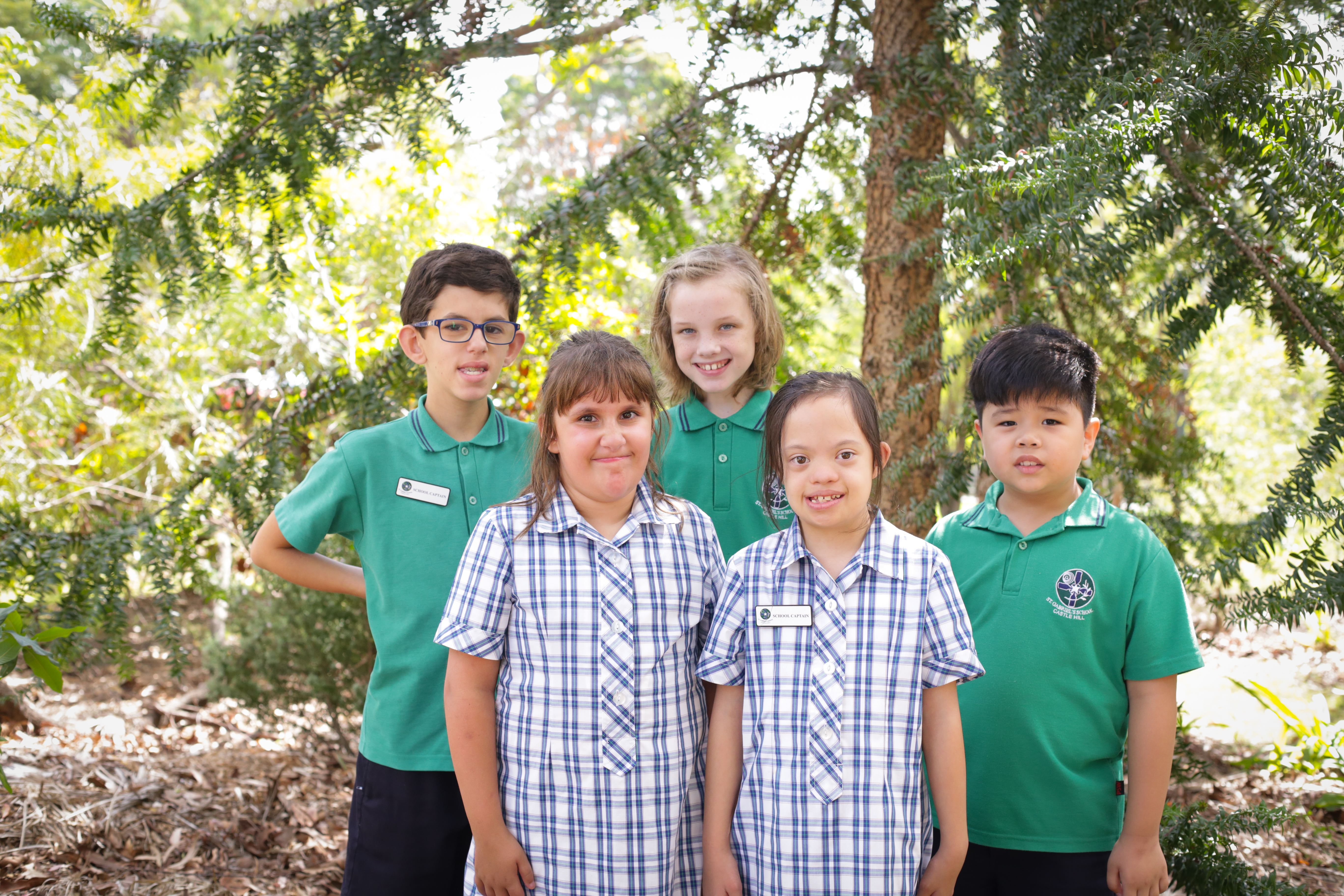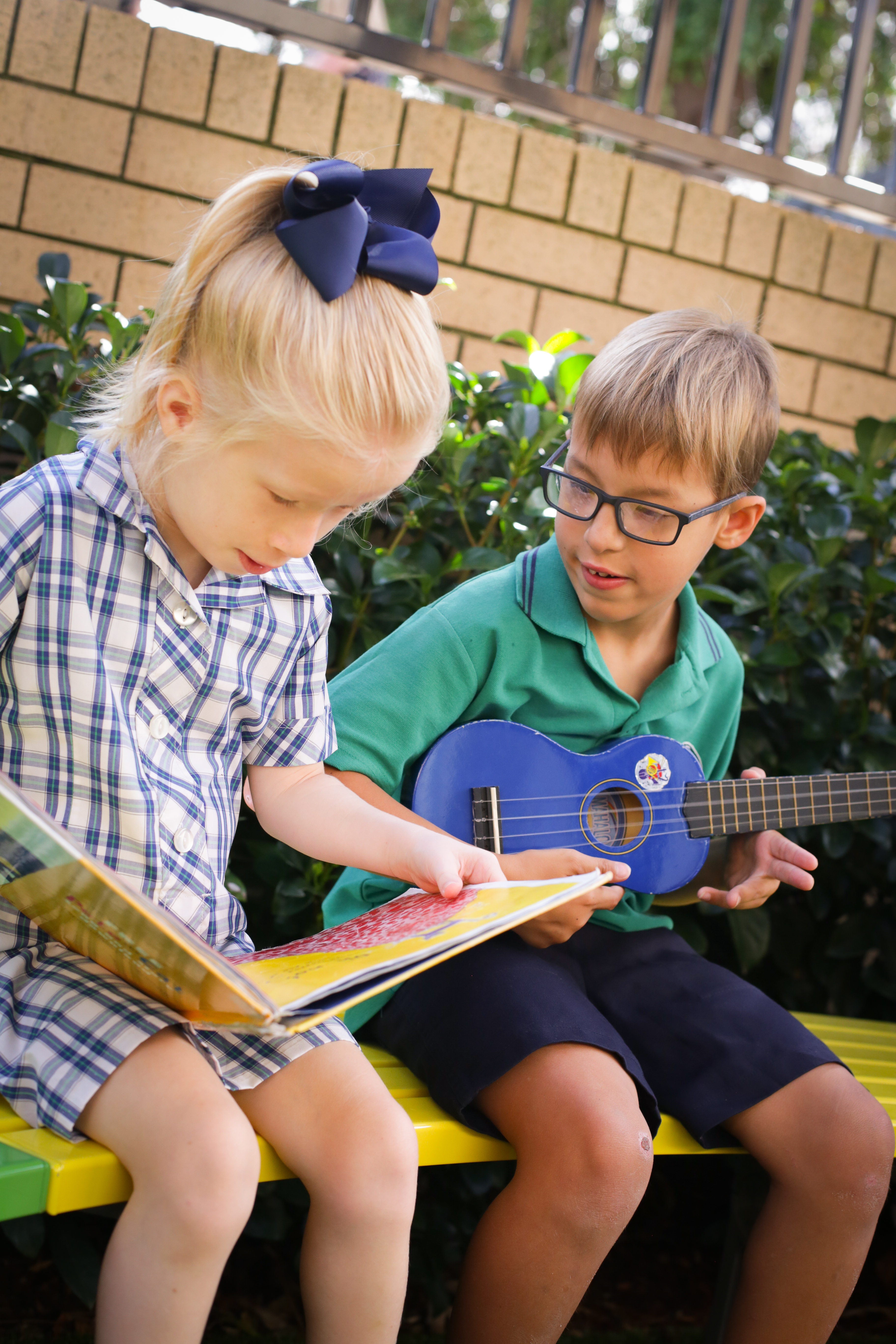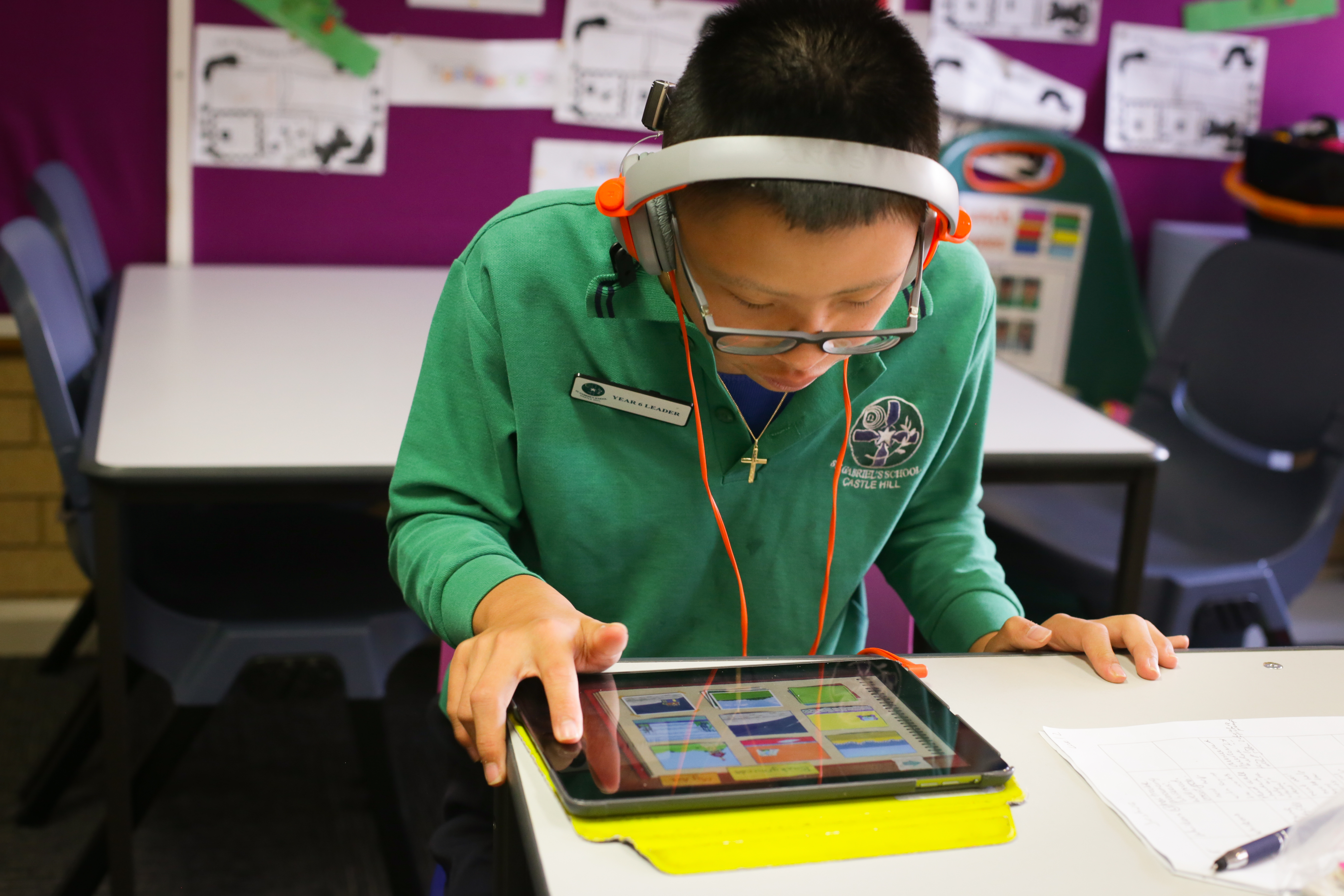
There’s a new high school for children with special needs in Sydney’s north-west.
From January 2019, St Gabriel’s School, a Catholic primary special education school in Castle Hill, will expand to offer places in Year 7.
A progressive roll-out of the following year levels will see the school offer full K-12 classes by 2023.
St Gabriel’s secondary school will continue the work of the primary school, providing education to students with diagnosed conditions including autism, mild to moderate intellectual disabilities and sensory impairments.
Principal Jon Franzin says St Gabriel’s expansion is driven by the needs of the school community.
“The transition point between primary and secondary is particularly challenging for parents. Being able to offer a continuum of services in K-12 is something that the parent community has been longing for for their children.”

Previously, about half of St Gabriel’s students graduated to its sister high school, St Edmund’s College in Wahroonga on Sydney’s upper north shore, with the remainder finding places in other independent schools or the public system.
Rapid population growth in Sydney’s west though has strengthened the demand for a local special needs high school, particularly for parents seeking a Catholic education for their children, Mr Franzin says.
“Travel time to St Edmund’s is significant, especially for families who live west of St Gabriel’s and finding a place in the Catholic setting can be challenging,” he says.
St Gabriel’s and St Edmund’s are co-ed schools in the Edmund Rice tradition. They place a strong emphasis on Catholic traditions of love, justice, freedom and inclusion to promote acceptance and develop positive self-esteem in students.
These schools offer “holistic education for the child, not just about curriculum; it’s about Christian values that we espouse and live out,” he says.

As principal of both schools, Mr Franzin says the development of life skills is at the heart of their mission to equip students with the ability to participate meaningfully in the wider community as adults.
“All students will undertake our Pathways to Work program; part of that is one day a week work experience in the community,” he says, with the aim of placing students in some kind of work role when they finish school. “Depending on needs, some will get supported employment or volunteer work. Where students have the capacity, we’re aiming to get them into regularised employment.”
St Edmund’s College has had great success with its hospitality industry training program and St Gabriel’s will also focus on food and beverage service with a view to incorporating agricultural studies in the future.
Students have the opportunity to complete the National Education Standards Authority (NESA) Life Skills course and to complete a partial or full Vocational and Educational Training certificate.
While supported learning for special needs students is offered in the public system, Mr Franzin says his schools offer considerable benefits for these children in terms of experience, expertise and Gospel values.
“We are inspired by the very strong belief that the young people we serve have a fundamental right to a quality education that is meaningful, purposeful and hope filled,” he says.

At St Gabriel’s, highly-qualified teachers and learning support officers are supplemented by developmental experts to ensure the best outcome for students, he says.
“We have a whole-school model for occupational therapy and speech pathology, working one-on-one with teachers to support students and develop the capacity of the teacher.”
Small classes of 10 or fewer students allow teachers to produce individualised learning plans to meet a range of abilities and the schools’ embrace of technology-enabled Blended Learning methods extends students to maximise their potential, Mr Franzin says.
“Our staff are very skilled at differentiating the curriculum. We’ll be using an educational platform to help students learn as independently as possible so students can work through at their own level and develop their skills. Students will be able to engage at a range of multiple points to meet their needs.
“For 96 years we’ve been at the forefront of special education, initially for the hearing impaired. We can tailor the curriculum to students’ needs, support parents in that community, and our students form genuine friendships that are established, profound and lifelong,” he says.
